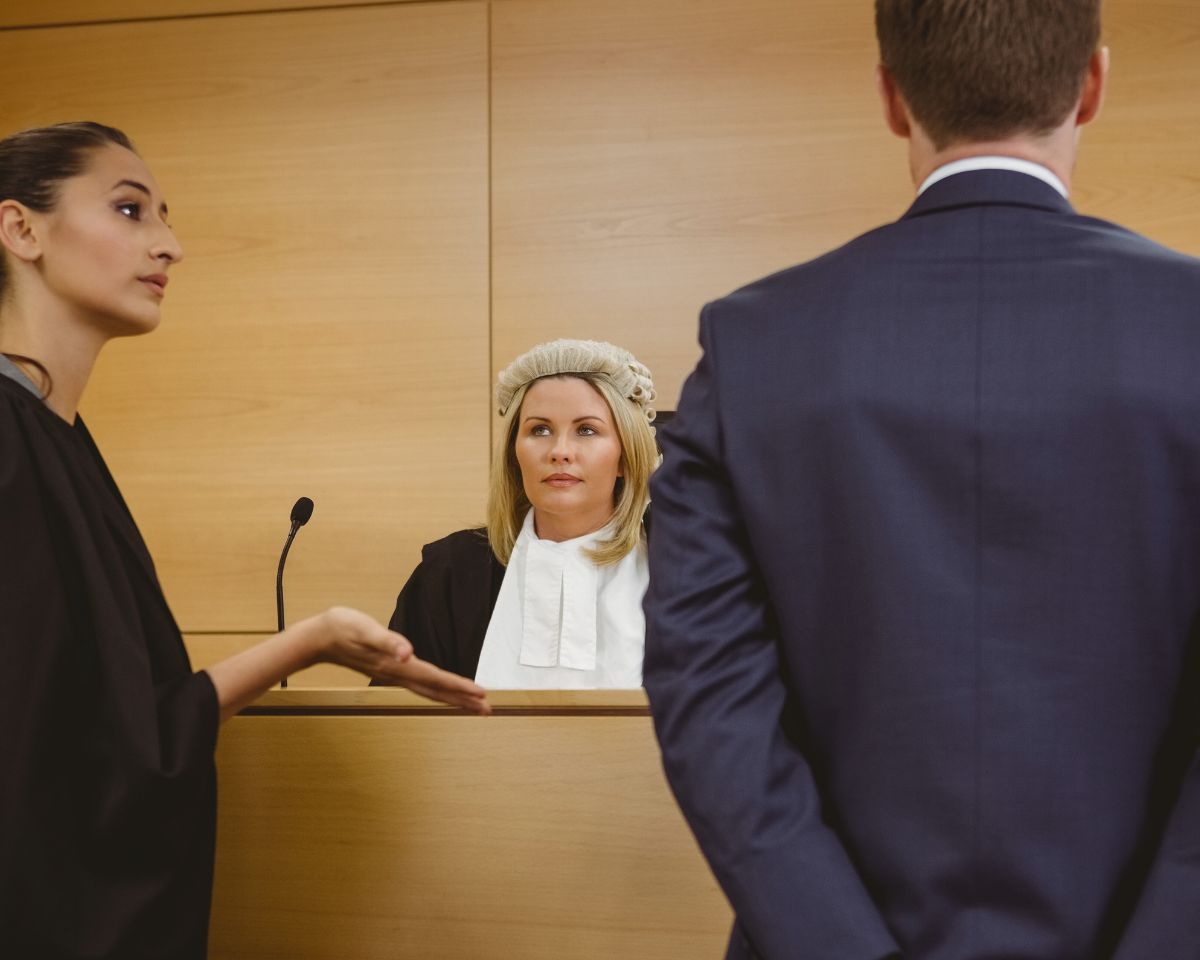If you’ve ever asked, “What is unsupervised probation?”—you’re not alone. Every month, thousands of people search for answers about probation terms, how they affect criminal records, and what different types of probation mean. This simple, complete guide covers everything you need to know about unsupervised probation, how it works, who qualifies, and what it means for your future.
What Is Unsupervised Probation?
Unsupervised probation is a type of probation that allows an individual to complete their sentence without regular check-ins with a probation officer. It’s often given to first-time offenders or those convicted of low-level misdemeanors.
Instead of being monitored closely, the person is expected to follow all court-ordered terms independently. As long as they don’t commit any new offenses and meet the basic conditions (like paying fines or attending classes), they’ll successfully complete probation.
Unsupervised vs. Supervised Probation
| Feature | Supervised Probation | Unsupervised Probation |
|---|---|---|
| Reports to officer? | Yes, regularly | No |
| Regular drug testing? | Often required | Rare, unless court-ordered |
| More restrictions? | Yes (travel, job approval, curfew) | Fewer restrictions |
| Designed for | Serious or repeat offenses | First-time or minor offenses |
| Cost | Higher (probation fees, monitoring) | Lower (fewer administrative costs) |
Who Is Eligible for Unsupervised Probation?
Not everyone qualifies. Eligibility usually depends on:
-
Nature of the crime (typically non-violent misdemeanors)
-
Criminal history (usually first-time offenders)
-
Risk to the community (low risk)
-
Behavior in court (cooperative, remorseful)
Examples of crimes that may result in unsupervised probation include:
-
Disorderly conduct
-
Minor drug possession
-
First-time DUI (in some states)
-
Petty theft or shoplifting
Each state has its own rules, so outcomes vary by jurisdiction.
What Are the Rules of Unsupervised Probation?
Even though it’s “unsupervised,” there are still strict conditions you must follow, such as:
-
No new criminal charges
-
Paying all court-ordered fines or restitution
-
Completion of classes or community service (if ordered)
-
No drug or alcohol use (for drug-related offenses)
-
Maintaining good behavior
You won’t be monitored day-to-day, but failure to meet these conditions can lead to a violation.
How Long Does It Last?
The length of unsupervised probation depends on the court and the offense. Common durations include:
-
6 months to 2 years for most misdemeanors
-
Up to 3 years for certain offenses like DUI
In some cases, early termination may be possible if all conditions are met early and the court approves.
What Happens If You Violate It?
Violating unsupervised probation can result in:
-
Conversion to supervised probation
-
Probation extension
-
Fines or additional penalties
-
Jail time, depending on the severity
Common violations include:
-
Getting arrested again
-
Missing court-ordered classes or community service
-
Failing to pay fines
Courts take violations seriously—even for unsupervised cases—so it’s crucial to stay compliant.
Pros and Cons of Unsupervised Probation
Pros
-
No regular check-ins
-
More freedom (travel, employment, etc.)
-
Less stigma and stress
-
Lower cost and no probation supervision fees
Cons
-
Still have legal obligations
-
Violation consequences can be severe
-
May not be available for all offenses
-
Still appears on your record unless expunged
Will It Stay on Your Criminal Record?
Yes—unless the case is expunged or sealed, the conviction and sentence will likely remain on your criminal record. However:
-
Successful completion can improve your chances of later requesting an expungement.
-
In some states, diversion programs tied to unsupervised probation may result in dismissed charges.
Always speak to a criminal defense attorney about your options for sealing or clearing your record after probation ends.
Can It Turn Into Supervised Probation?
Yes. If you violate your terms or commit another offense while on unsupervised probation, the court can:
-
Revoke your probation
-
Convert it into supervised probation
-
Impose a jail sentence depending on the violation
The court usually holds a hearing before making changes to your probation status.
Final Thoughts
Unsupervised probation can be a more lenient and flexible alternative to supervised probation, especially for minor offenses or first-time offenders. But make no mistake—it’s still a legal sentence with conditions you must meet.
Understanding your responsibilities and following the rules will help you avoid violations and move on with your life faster.
Frequently Asked Questions
Can you leave the state while on unsupervised probation?
Often yes, but check your court order. Some jurisdictions may still require permission.
Do you have a probation officer on unsupervised probation?
No. You do not report to an officer unless instructed by the court.
Can unsupervised probation be terminated early?
Yes, especially if you meet all conditions quickly. Talk to a lawyer about filing a motion for early termination.
Is unsupervised probation the same as a deferred sentence?
No. A deferred sentence delays a conviction. Unsupervised probation usually follows a conviction.
Get Legal Help from Southwest Legal
If you’re facing criminal charges or are currently on probation and need expert legal advice, don’t take chances with your future. The legal team at Southwest Legal is here to protect your rights, explain your options, and help you achieve the best possible outcome. Call today to schedule a free consultation and let our experienced criminal defense attorneys guide you through the process with confidence.





